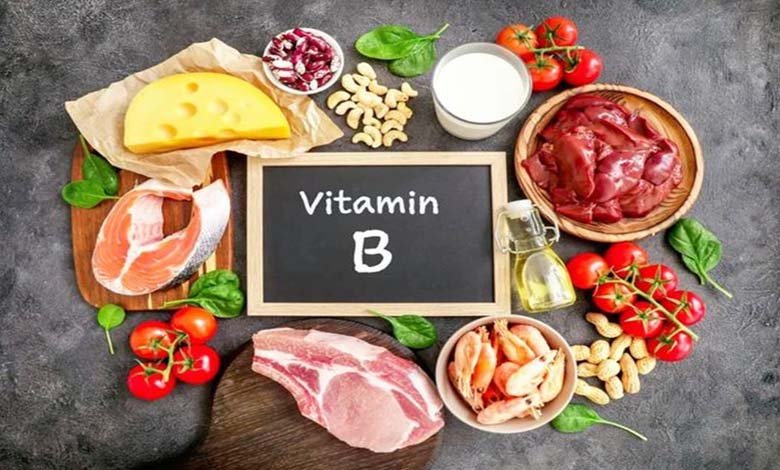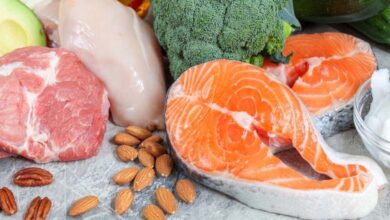Understanding Vitamin B and Its Dietary Sources

The term “Vitamin B” is rarely used in modern science but originally referred to a group of plant-based compounds known as flavonoids. While not true vitamins, flavonoids are essential for human health due to their antioxidant, anti-inflammatory, and blood vessel-supporting properties.
-
Health – Vitamin B6 deficiency
-
Vitamin B12: What are its benefits and in what foods can it be found?
What are flavonoids?
Flavonoids are phytonutrients found in a wide variety of fruits, vegetables, herbs, teas, and even red wine. There are over 6,000 types, grouped into several subclasses: flavonols, flavones, flavanones, anthocyanins, isoflavones, and flavanols.
Health Benefits of Flavonoids (Vitamin B)
- Strengthen capillaries and improve circulation
- Reduce oxidative stress, a major factor in aging
- Help prevent cardiovascular diseases
- Support the immune system
- Provide natural anti-inflammatory effects
-
Watch out! You Can’t Deprive Yourself of Vitamin B12
-
Nutrition – What is the risk if you have a vitamin B6 deficiency?
Top Dietary Sources of Flavonoids
- Citrus Fruits (Flavanones)
- Oranges, lemons, grapefruits
- Rich in hesperidin and naringin, mostly in the zest and pulp
- Berries (Anthocyanins)
- Blueberries, raspberries, blackberries, strawberries
- Known for their strong antioxidant power
- Green and Black Tea (Flavanols)
- High in catechins, beneficial for heart and brain health
- Dark Chocolate (Flavonols)
- The higher the cocoa content, the richer it is in flavonoids
- Apples, Onions, Broccoli (Flavonols)
- Contain quercetin, a powerful natural anti-inflammatory
- Soy and Soy-Based Products (Isoflavones)
- Provide genistein and daidzein, with hormone-balancing effects
-
“Sun Vitamin”: How to Get Enough Without Harming Your Body?
-
4 Foods That Boost Vitamin D Production in the Body
Tips to Boost Your Flavonoid Intake
- Eat a wide variety of colorful fruits and vegetables
- Choose unprocessed, seasonal foods
- Keep the skin of fruits when safe, as it contains high flavonoid levels
- Steep your tea properly to extract more polyphenols
Although the term “Vitamin B” is outdated, flavonoids remain a key component of a balanced, health-supportive diet. By including a rainbow of plant-based foods in your daily meals, you’re giving your body the tools it needs to thrive naturally.












